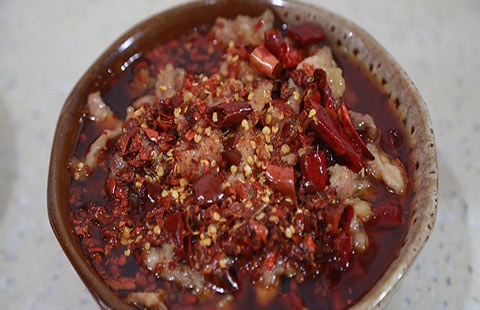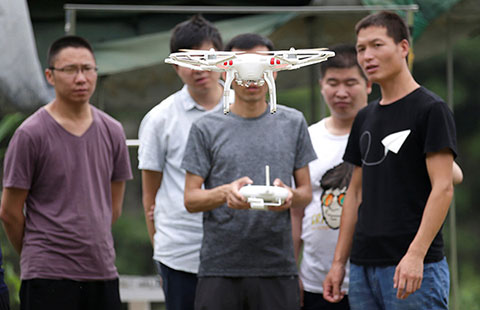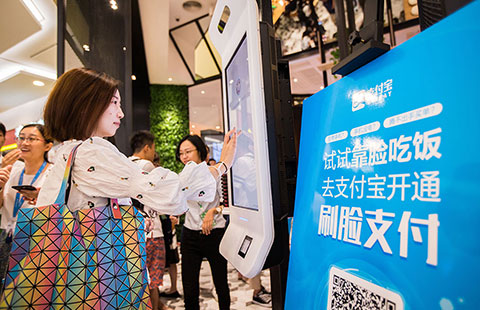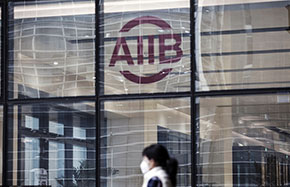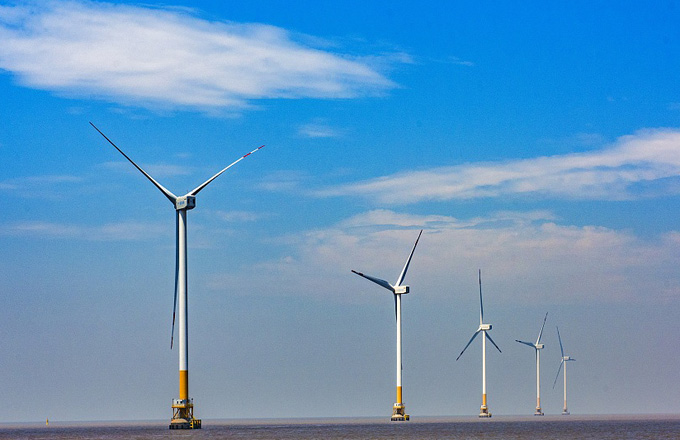China's Hong Kong, ASEAN conclude Free Trade Agreement negotiations
HONG KONG — China's Hong Kong Special Administrative Region (HKSAR) and the Association of Southeast Asian Nations (ASEAN) announced Saturday the conclusion of the negotiations on a Free Trade Agreement (FTA) and a related Investment Agreement.
The announcement was made at the second ASEAN Economic Ministers-Hong Kong, China Consultations (AEM-HKC Consultations), co-chaired by HKSAR government's Secretary for Commerce and Economic Development Edward Yau and Philippine Secretary of Trade and Industry Ramon Lopez, in Pasay City, the Philippines.
"ASEAN is a very important trading partner of Hong Kong. It was our second largest trading partner in merchandise trade in 2016 and the fourth largest in services trade in 2015," said Yau.
"Our economy stands to benefit from the FTA and the Investment Agreement, which will bring us more and better access to the ASEAN markets, create new business opportunities and further enhance trade and investment flows."
Hong Kong and ASEAN will sign the FTA and the Investment Agreement in November this year, according to Yau.
"The Agreements are comprehensive in scope and the commitments therein are of value, encompassing trade in goods, trade in services, investment, economic and technical cooperation and dispute settlement mechanisms," he said, adding that the FTA will become effective after completion of the necessary procedures.
The FTA negotiations between Hong Kong and ASEAN commenced in July 2014 and were completed in July 2017.
The total merchandise trade between Hong Kong and ASEAN amounted to HK$833 billion (about $106.8 billion) in 2016, and total services trade between the two sides was HK$121 billion (about $15.5 billion) in 2015, according to statistics provided by the HKSAR government.
On investment, as at the end of 2015, ASEAN ranked the sixth among Hong Kong's destinations of outward direct investment, with a stock of HK$218 billion (about $27.9 billion), and it ranked the sixth among Hong Kong's sources of inward direct investment, with a stock of HK$555 billion (about $71.1 billion).




